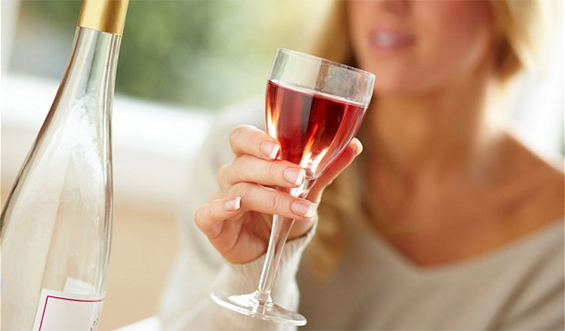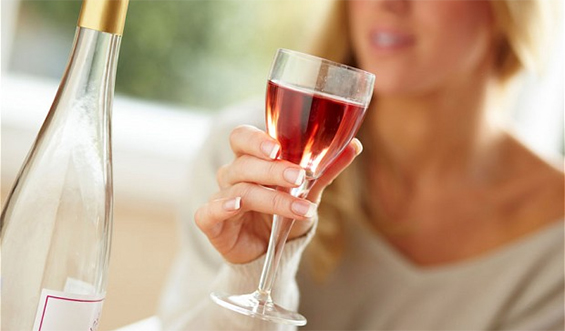
The UK Department of Health has announced official guidelines recommending that young people who are 15-years-old or younger should not drink alcohol. But even though the number of children who admit to drinking alcohol has decreased recently, the teenage years are when most youngsters have their first experience with alcohol, with some kids drinking even before they are teenagers.
Yvonne Kelly, author of recent research on alcohol and young people, writes for the Independent that 11-year-old kids whose parents drink excessively are about twice as likely to drink than those children whose parents do not drink. This difference is especially true if the heavy or binge drinker is the mother.
The study by Kelly, Professor of Lifecourse Epidemiology at University College London, was published in BioMedCentral. Other scientists involved in the research were from the London School of Economics and Political Science.
A common theory among parents is that prohibiting children from drinking may result in “secret drinking” and a loss of trust in the parent-child relationship. Though well-intentioned, allowing kids to have a small glass of wine with water added during a family meal may not be the correct approach.
Through the use of information from the Millennium Cohort Study that followed the lives of 20,000 kids born from 2000 to 2002, researchers found that almost 14% of children aged 11 said they had imbibed alcohol. Seventy-eight percent of children said their friends did not drink.
Parents were divided into three groups: nondrinkers, light to moderate drinkers, and heavy or binge drinkers. Of those in the cohort, 20% of mothers and 15% of fathers were non-drinkers, 60% of parents were light to moderate drinkers, and approximately a quarter of dads and roughly 20% of mothers were heavy or binge drinkers.
When moms were non-drinkers, 8% of their 11-year-old children drank. The rate rose to 12% for light to moderate drinkers, and heavy drinkers saw 16% of their 11-year-olds drinking. That means that when compared to mothers who did not drink, children who had moms who were light to moderate drinkers had a 60% increase in the risk of drinking at 11-years-old. Heavy or binge drinking mothers increased the risk of their 11-year-old drinking alcohol by 80%.
Dads’ drinking, no matter the level of their intake, had approximately half as much bearing on their children’s drinking. Kids who said their friends drank were over four times as likely to drink than children whose friends did not drink.
The study also found that boys were more likely to be drinking than girls. Other factors that contributed to the early start of drinking alcohol were the commencement of puberty, being the second- or later-born child, social or emotional problems, and antisocial behavior, reports the Parent Herald’s Ellainie Calangian.
“Drinking in adolescence is considered a ‘risky’ behavior, it often co-occurs with other ‘risky ‘behavior and it is linked to educational failure and to premature mortality, for example via accidental deaths,” said Kelly. “Improving our understanding of the factors that influence drinking is important as it has implications for the development of policies and interventions aimed at reducing ‘risky’ behaviors.”
The study’s authors also found that children who were frequently unsupervised, had positive feelings about alcohol, and who were unhappy in their family settings were more likely to drink, but not to the same extent as children with parents who drank, writes Ed Cara for Medical Daily.
The researchers acknowledged there were limitations to their findings, but still believe there are points made that are important, particularly in the area of prevention. They say more intense research is necessary, particularly more study on the reasons teens drink.




